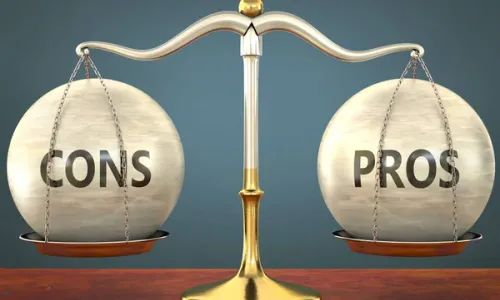Answers For Project suggestions: pros and cons
Answers and detail explain for Project suggestions: pros and cons
EXPLAIN
Project suggestions: pros and cons

Emma: So, I think we’d better start planning what we’re going to do for our group project. Have you guys had any ideas?
Tom: I was thinking we should do something on extreme weather events, but I think Alex had some different ideas.
Alex: 1Yes, maybe we should look into more localised weather conditions and the effects on the immediate environment.
Emma: 1That’s a good idea, Alex, but I don’t think we’d be able to get much data on that, and we don't really have time to do our own research.What about doing something about the seasons?
Tom: 2 I think the seasons might be a bit too wide-reaching, you know, when we take into account the wind patterns and pressure systems.
Emma: Maybe you’re right.
Alex: 3Well, how about Tom’s idea of extreme weather conditions?
Emma: 3Yes, that sounds like a good idea. It's easy to break down into separate parts and it certainly sounds more interesting!
Tom: I'd quite like to cover monsoons. I've been doing some reading on them and they’re quite interesting.
Emma: Well, that sounds good. We should maybe take two areas each - that would make it easier for us to focus.
Alex: Well, we’ve got lots to choose from: we could do blizzards, heat waves, droughts, cyclones. 4There are loads! Why don’t you do blizzards too, Tom?
Tom: 4I don’t fancy doing them, but I wouldn’t mind doing something on floods. They’re linked to monsoons, I think, so it will be an easy transition.][5]} What do you fancy doing, Alex?
Alex: Well, I could always cover winds.
Emma: But that isn't really extreme enough.
Alex: Hmm... I could do hurricanes, they're pretty exciting. How about doing cyclones, Emma?
Emma: 6I’d rather do heat waves and droughts, I think. I know a bit about them. I don't know anything about cyclones.
Alex: 7Cyclones are really interesting. I can cover them.
Tom: That sounds great. I was thinking about doing cyclones, but I’m happy for you to do them.
Emma: Right, shall we get started on some of the content?
Tom: Yes, we haven't got that much time. Does anyone know anything about their topics?
Alex: I know quite a lot about cyclones.
Tom: Do you?
Alex: Well, I studied them at high school. You know, cyclones usually start near the equator. They need quite warm water to form. Above the warm water, the vapour in the air forms clouds, {[and if there is low pressure, then these clouds will start to rotate.
Tom: Isn't it also the fact that the earth rotates too which makes the clouds spin more?][8]}
Alex: Yes, that too. 9Once they begin rotating, they can either lose momentum or keep gathering momentum until they hit land - these ones are called mature cyclones. Luckily, as soon as they hit land, they start to lose momentum and fade away. Just because they don’t have the warmth of the ocean underneath.
Emma: Well, that's a relief!
Alex: They can still be really destructive. They’re like a big circle of wind. They blow strongly until the eye of the storm passes - you know, the centre, where everything is really quiet, no wind or anything.
10But then the other side hits and the winds blow just as strongly but in the other direction! It s just amazing! Yes, I would really like to cover that.
Emma: Well, it looks like we've got it all arranged, then!
Complete the note below. Write NO MORE THAN THREE WORDS AND/OR A NUMBER for each answer
Project suggestions: pros and cons
| Localised weather conditions - Problem: Not enough time for 1 (research | our own research | own research) Seasons - Problem: Too 2 (wide reaching | wide-reaching) |
Extreme weather conditions - Advantage: Easier to 3 (break down) into different sections, more interesting |
Questions 4 - 7:
Who will cover the following weather conditions?
|
A. Alex B. Emma |
C. Tom D. None of them |
Who will cover the following weather conditions?
Correct answer: D
Correct answer: C
Correct answer: B
Correct answer: A
Complete the diagram below. Write NO MORE THAN THREE WORDS AND/OR A NUMBER for each answer.
8 (rotate | spin)
9 (lose)
10 (around the other direction | the other direction)